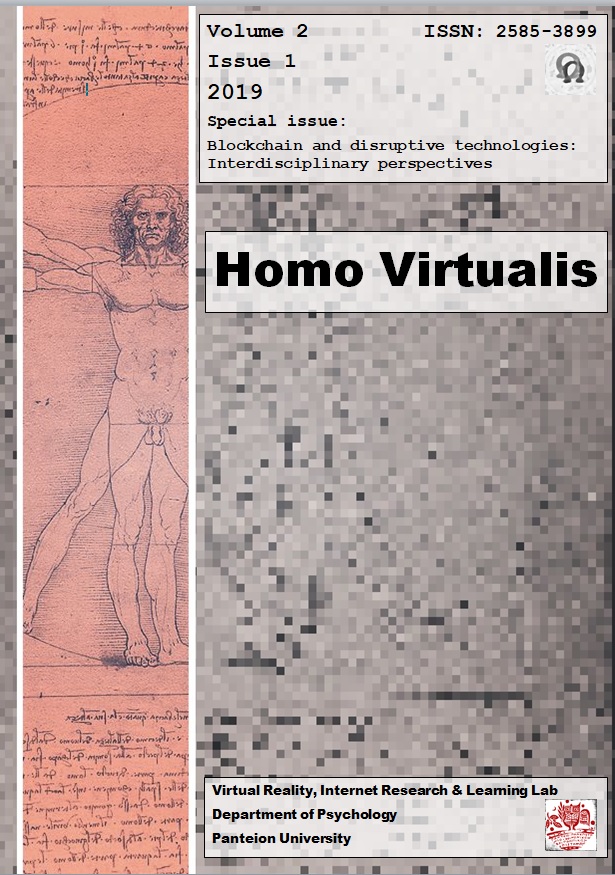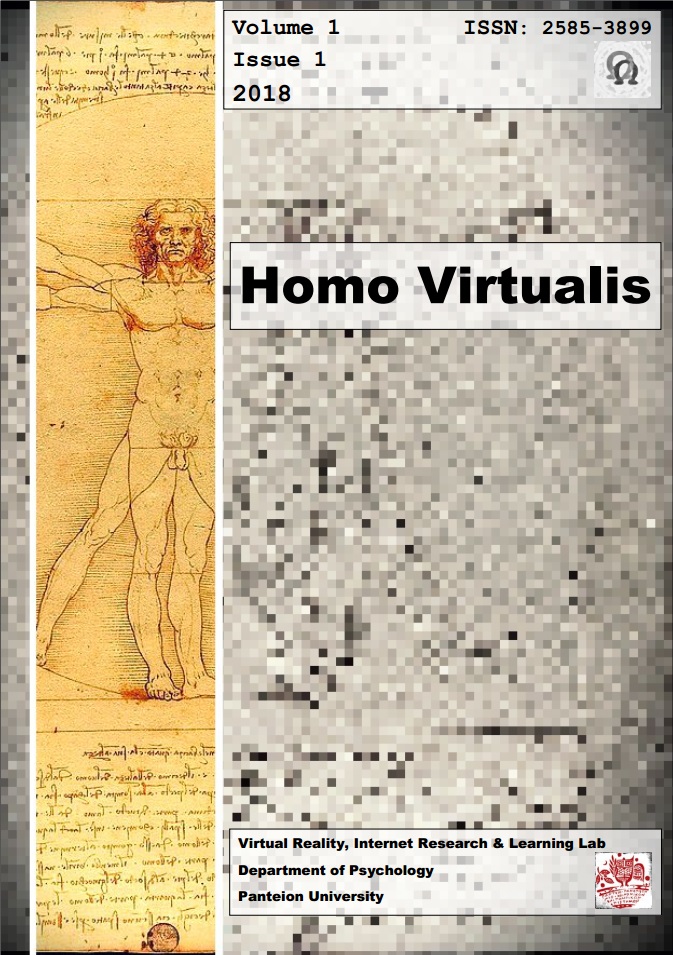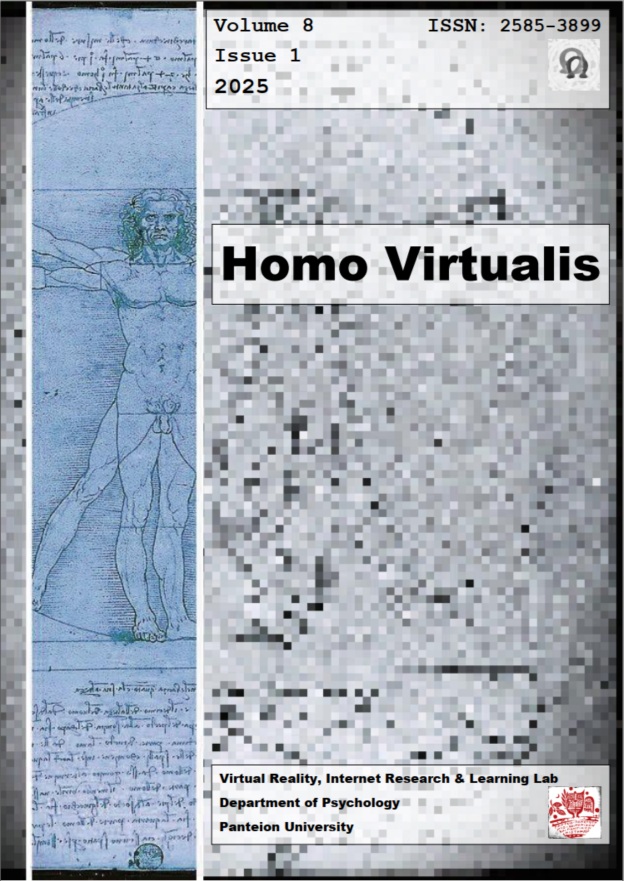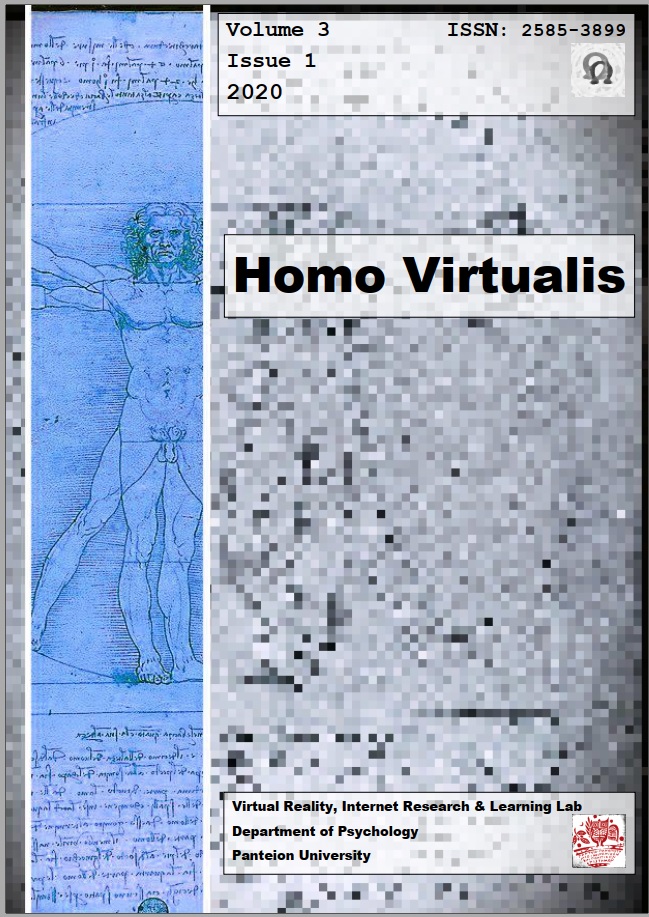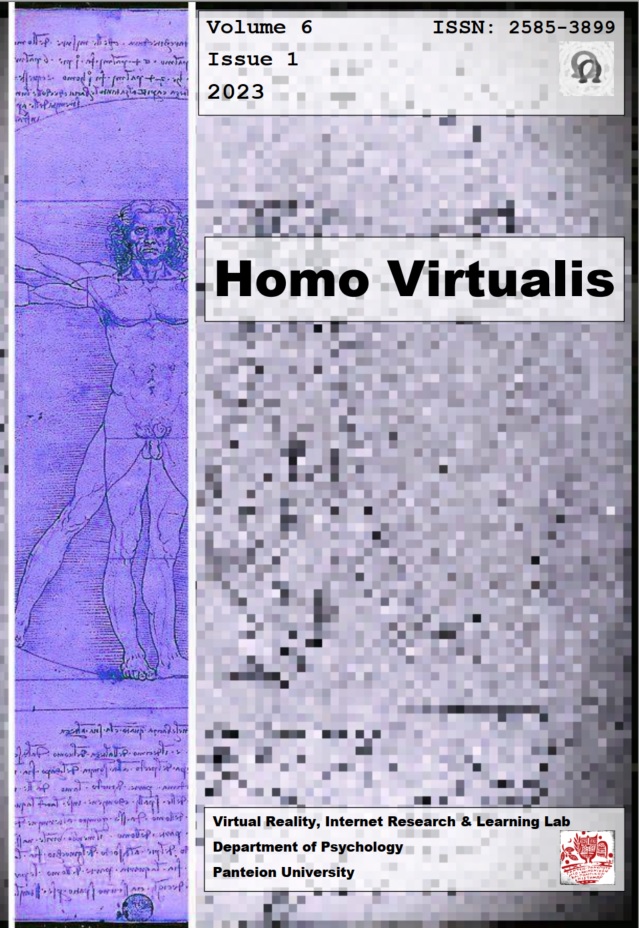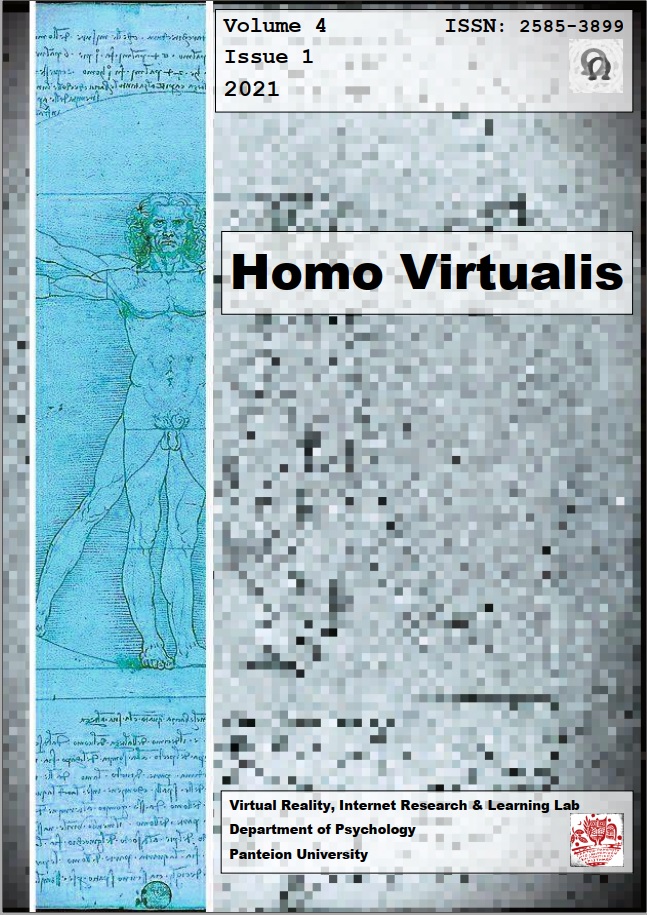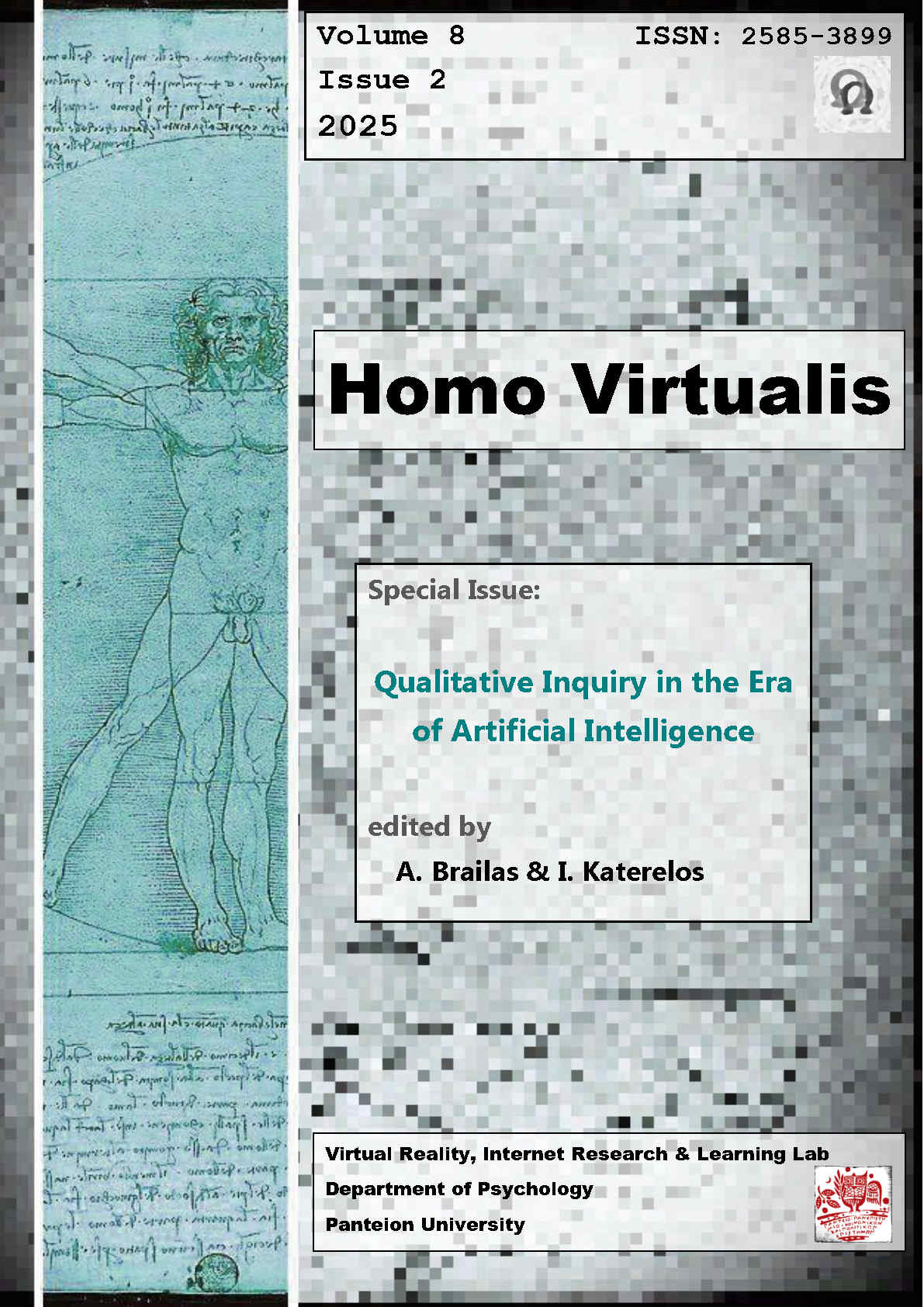Psychotherapy in the era of artificial intelligence: Therapist Panoptes
Résumé
“What will happen when an artificial intelligence entity has access to all the information stored about me online, with the ability to process my information efficiently and flawlessly? Will such an entity not be, in fact, my ideal therapist?” Would there ever come a point at which you would put your trust in an omniscient, apperceptive, and ultra-intelligent robotic therapist? There is a horizon beyond which we can neither see nor even imagine; this is the technological singularity moment for psychotherapy. If human intelligence is capable of creating an artificial intelligence that surpasses its creators, then this intelligence would, in turn, be able to create an even superior next-generation intelligence. An inevitable positive feedback loop would lead to an exponential intelligence growth rate. In the present paper, we introduce the term Therapist Panoptes as a working hypothesis to investigate the implications for psychotherapy of an artificial therapeutic agent: one that is able to access all available data for a potential client and process these with an inconceivably superior intelligence. Although this opens a new perspective on the future of psychotherapy, the sensitive dependence of complex techno-social systems on their initial conditions renders any prediction impossible. Artificial intelligence and humans form a bio-techno-social system, and the evolution of the participating actors in this complex super-organism depends upon their individual action, as well as upon each actor being a coevolving part of a self-organized whole.
Article Details
- Comment citer
-
Brailas, A. (2019). Psychotherapy in the era of artificial intelligence: Therapist Panoptes. Homo Virtualis, 2(1), 68–78. https://doi.org/10.12681/homvir.20197
- Rubrique
- Articles

Ce travail est disponible sous la licence Creative Commons Attribution 4.0 International .
Authors who publish with this journal agree to the following terms:
· Authors retain copyright and grant the journal right of first publication with the work simultaneously licensed under a Creative Commons Attribution License that allows others to share the work with an acknowledgement of the work's authorship and initial publication in this journal.
· Authors are able to enter into separate, additional contractual arrangements for the non-exclusive distribution of the journal's published version of the work (e.g. post it to an institutional repository or publish it in a book), with an acknowledgement of its initial publication in this journal.
· Authors are permitted and encouraged to post their work online (preferably in institutional repositories or on their website) prior to and during the submission process, as it can lead to productive exchanges, as well as earlier and greater citation of published work.

